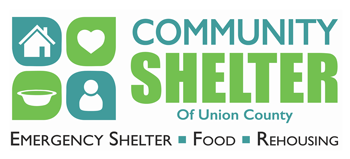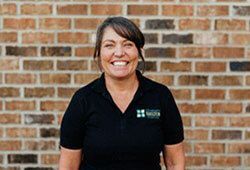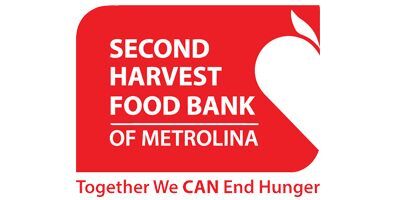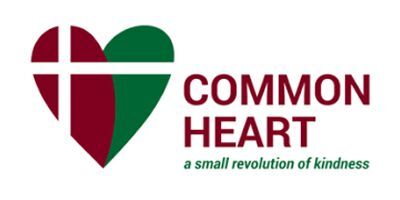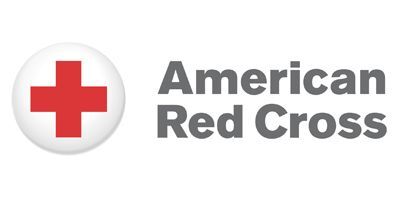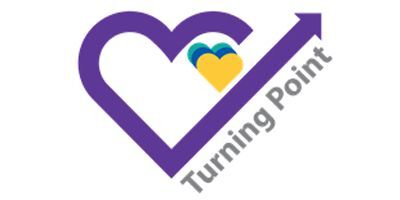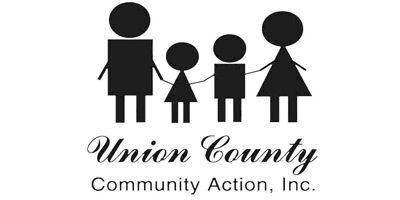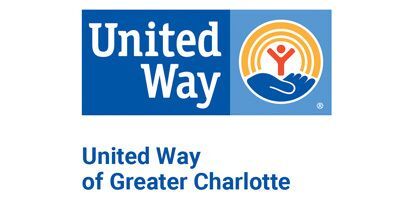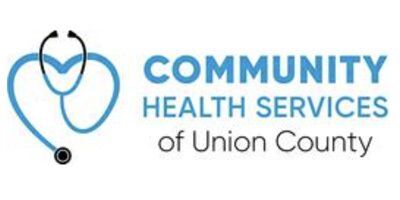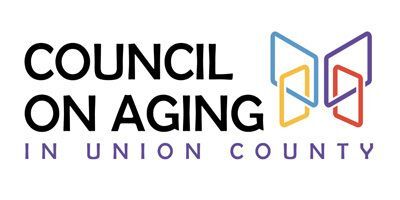Emergency Shelter
Since 2017, we have served approximately 25,712 people experiencing hunger and homelessness. The shelter is Union County's "front door" for our neighbors without a place to stay.
Food Services
We have worked to feed the hungry since 1995. We believe that access to food is a basic human right, and we use three programs to help, including Union County's only full-time Soup Kitchen.
Rehousing
Housing stability is what pulls our participants from crisis mode. Our Rehousing program helps participants save and prepare for an upcoming return to independent living.
A Short History of the Shelter
In 1985, the city of Monroe operated an informal emergency winter shelter for 8-12 people nightly. The shelter was in the old agricultural building on Jefferson Street. This facility was open only in the evenings and was manned by volunteers nightly.
In December 1987, the city received a $17,907 grant from the NC Community Development and Natural Resources Department to renovate a building for shelter purposes. A few months later, a newly acquired shelter opened at 5 pm during winter months. 10-18 people used the shelter nightly, most coming from the closed Franklin Hotel. The shelter operated in this manner from 1988 – 1993.
The Union County Council on Homeless Prevention was formed on August 20, 1993, with its own 501c3 status to operate the shelter at 311 E Jefferson Street. By December 1995, the shelter acquired two paid staff and ran on a budget of $60,000 a year. They had 20 beds and served one meal daily.
In July of 2000, the shelter’s mission emphasized client self-sufficiency. Clients stayed under a “transitional housing” model and could stay for a maximum of 24 months.
In 2012, the Shelter changed from a Transitional Housing model to an Emergency Shelter and Rapid Re-Housing model for both single adults and families. In our food programs, the shelter served three meals daily. The shelter staff began to raise money and grew the budget quickly.
In 2018, the agency’s name changed to the Community Shelter of Union County with the tagline Emergency Shelter*Food*Rehousing.
In June 2019, the agency opened a new two-building facility built from the proceeds of a successful capital campaign. The new facility tripled the capacity of the old shelter moving from 28 to 90 beds, including a wing with seven family bedrooms, and had an annual operating budget of $1.5 million with 30 employees.
Eight months after moving into our new facility, the world as we knew it changed forever as the pandemic swept through our nation, and North Carolina issued the “stay at home” order. With our new facility, we were able to successfully manage all services throughout covid, never closing our doors, and supporting our community with shelter, food, and rehousing.
Staff Members
Board Members
Our Community Partners
Union County Community Shelter is committed to the principles of equal employment. We are committed to complying with all federal, state, and local laws providing equal employment opportunities, and all other employment laws and regulations. It is our intent to maintain a work environment that is free of harassment, discrimination, or retaliation because of age, race, religion, color, national origin, gender, sex, sexual orientation (including transgender status, gender identity or expression), physical or mental disability, genetic information, marital status, AIDS/HIV status, possession of sickle cell trait or hemoglobin C trait, military service, veteran status, or any other status protected by federal, state, or local laws. The Company is dedicated to the fulfillment of this policy in regard to all aspects of employment, including, but not limited to, recruiting, hiring, placement, transfer, training, promotion, rates of pay, and other compensation, termination, and all other terms, conditions, and privileges of employment.
Our Impact in the Community
-
stays in overnight emergency shelter per year
26,500+
-
individuals per year rehoused
116
-
meals provided per year by our Drive Thru Pantry
311,000
-
of rehousing participants have avoided repeat homelessness
83%
